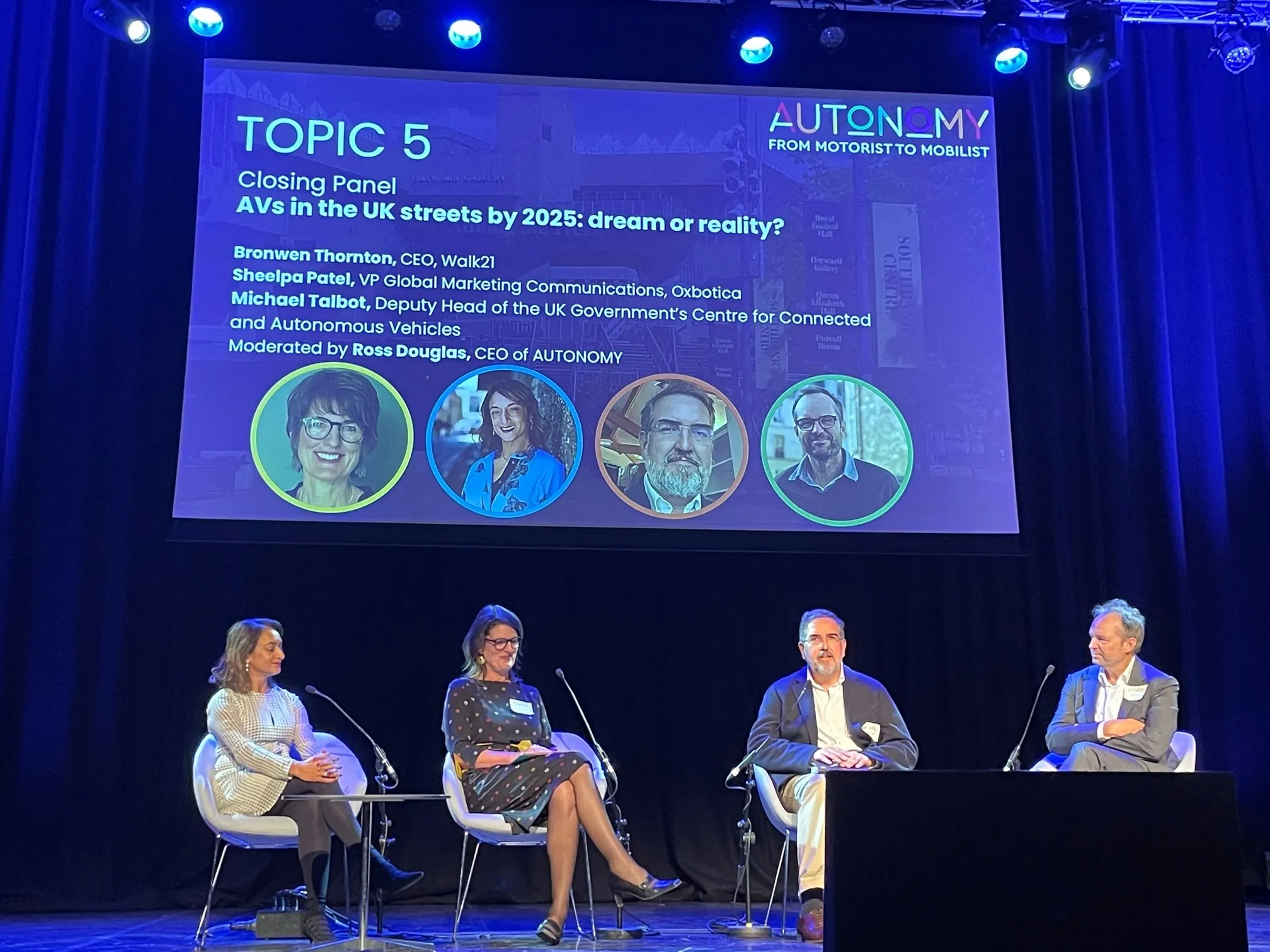Speaking at the Consumer Electronics Show 2019 in Las Vegas, Intel senior vice president Amnon Shashua said AVs probably need to be 100 to 1,000 times better than the human experience - which presents the question of how to validate such a system.
“When you do your calculation, the amount of data you need to collect to verify something at a certain probability is one over that probability. If you do the calculation correct, comparing it to humans, the probability is that it will be billions of miles you will need to collect,” he added.
Shashua emphasised that a balance is needed between over-regulation and under-regulation is needed and that the US suffers from the latter.
Chris Urmson, co-founder and CEO at Aurora, insisted that the
“I think it’s more about a thoughtful approach to talking about the safety regulations. Intel and
Both companies are part of the newly formed PAVE coalition, a group of private sector companies, academic institutions and other stakeholders whose stated ambition is to educate the public and policy makers on AVs.
Deborah A.P. Hersman, president and CEO of the National Safety Council, said: “It's in the best interest of the industry to engage with mobility advocates and other organisations and have a diverse group of stakeholders at the table because those differences will help create a positive path forward.”
AVs need to be ‘100 to 1,000 times better than humans’, says Intel
Autonomous vehicles (AV) need to have a robotic system which is better than a human driver, because society will not accept machines killing people, according to Intel.
Speaking at the Consumer Electronics Show 2019 in Las Vegas, Intel senior vice president Amnon Shashua said AVs probably need to be 100 to 1,000 times better than the human experience - which presents the question of how to validate such a system.
“When you do your calculation, the amount of data you need to collect to verify somethi
January 14, 2019
Read time: 2 mins
Autonomous vehicles (AV) need to have a robotic system which is better than a human driver, because society will not accept machines killing people, according to 4243 Intel.









